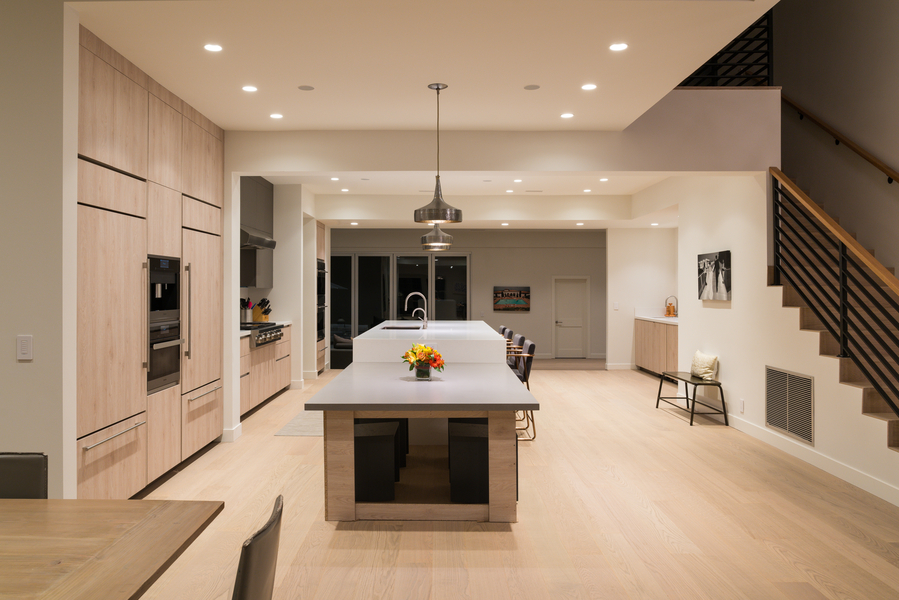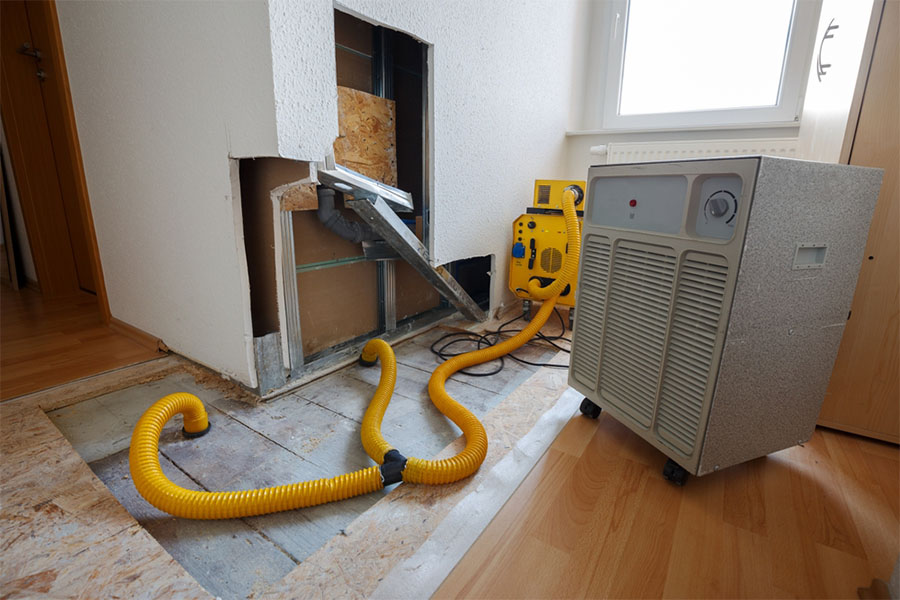How to Snag Your Dream House on Auction Today There’s a certain thrill in the chase, especially when it involves the possibility of winning your dream house on auction. The hammer slams down. The gavel echoes. And just like that, the keys could be yours—if you play your cards right.
Snatching up your perfect home through an auction isn’t just a real estate move; it’s an adrenaline-charged, strategic play. While the concept may seem daunting at first—cue images of fast-talking auctioneers and fierce bidding wars—there’s a method to the madness. With some clever preparation, a sprinkle of boldness, and a strong game plan, you could be unlocking the door to the home you never thought possible.
So, fasten your seatbelt. Here’s your comprehensive guide to snagging your dream house on auction—today.
1. Understand What You’re Really Getting Into
Let’s be clear: a house on auction is not your average open house affair. Unlike traditional sales, auction properties are sold as-is, often without the ability to negotiate or perform full inspections beforehand. This isn’t a dinner date—it’s speed dating with a legally binding contract.
The reason for auctioning homes can vary. Some may be bank-owned foreclosures, others are luxury homes that sellers want to move quickly, and then there are government auctions, typically involving seized properties. Each comes with its own level of risk and reward.
Do your homework: Understand the nature of the auction. Is it a foreclosure auction? Is it held by the county, a bank, or a private auction house? This will determine how you bid, when you pay, and what’s expected after the win.
2. Scout the Property Like a Detective on a Mission
Here’s the golden rule: never fall in love with a house on auction before investigating it like a suspicious ex. Most auctions don’t let you back out after the bid is won, which means what you see is what you get—rot, mold, raccoons in the attic, and all.
When possible, attend open inspections or arrange a walk-through. Bring a contractor or inspector with a trained eye to catch the things you might miss, like structural weaknesses or bad plumbing.
Can’t get inside? Spy on the exterior. Use satellite images, online forums, even neighborhood Facebook groups. The goal is to piece together as much intel as possible, Sherlock-style.
3. Know Your Budget, Then Shave Off 20%
In the heat of bidding, it’s easy to get caught in an emotional tug-of-war. That dream house on auction starts looking shinier, more perfect, more yours. But emotional bidding is where many hopeful buyers go broke.
Set a hard ceiling for your maximum bid—and make it lower than you think. Shave 20% off your true budget to account for the hidden costs: auction fees, buyer premiums, closing costs, immediate repairs, and surprise expenses that crawl out of the woodwork post-purchase.
4. Secure Financing Early, Even if You Plan to Pay Cash
Unless you’re rolling up with a briefcase full of Benjamins, you’ll need financing locked and loaded. Most auction houses require proof of funds or pre-approval letters to let you bid. Some require a sizable deposit upfront—sometimes 5% to 10% of the purchase price on the spot.
Even if you’re planning to buy your house on auction with cash, you’ll still need documentation ready. Time is not on your side during auctions. Any delays in proving funds can cost you the deal.
Bonus tip: Consider working with lenders who specialize in auction financing. They move faster and are familiar with the urgency of the process.
5. Get Familiar with Auction Types and Their Nuances
All auctions are not created equal. Each type has its own tempo, rules, and red tape. Understanding the difference between them is vital to forming your strategy.
a. Absolute Auctions
The property goes to the highest bidder—no matter the price. High risk, high reward.
b. Reserve Auctions
The seller sets a minimum price. If the bidding doesn’t reach that threshold, the house on auction doesn’t sell. Less risky, but can be frustrating if you’re the top bidder and still walk away empty-handed.
c. Online Auctions
A growing trend, especially post-2020. These are convenient but require tech-savvy skills and lightning-speed reflexes.
d. Live In-Person Auctions
Classic and chaotic. Requires a physical presence, a loud voice (or hand), and quick decision-making.
Learn the landscape. Each auction type requires a different level of aggression, preparation, and nerves of steel.
6. Read the Fine Print Like It’s a Contract from the Devil
Auction houses and sellers often include “Terms & Conditions” or a “Buyer’s Packet” that outlines crucial details. Read this like your financial future depends on it—because it kind of does.
These documents will include:
- Deposit amounts
- Settlement timelines
- Any unpaid taxes or liens
- Repair responsibilities
- Buyer’s premium (a fee added to your winning bid)
Some houses on auction come with a 5–10% buyer’s premium tacked onto the final price. That means a winning $300,000 bid might actually cost $330,000. Yikes.
7. Master the Art of the Bid
You don’t need to be an auctioneer yourself, but you do need to understand bidding psychology.
Some go in guns blazing. Others hold back and sneak in at the last minute. What matters is that your strategy suits the situation.
Psychological Tactics
- The Shock and Awe: Bid aggressively early to intimidate others.
- The Poker Face: Appear disinterested to throw off competitors.
- The Sniper: Enter the bid at the last second with a knockout number.
Know when to walk away. Even if it’s your dream house on auction, getting caught in a bid war past your limit is financial suicide.
8. Expect to Lose a Few Before You Win
Let’s be real: you probably won’t win your dream home on your first try. Auctions are fiercely competitive, and seasoned investors often sweep in with deeper pockets.
But each loss sharpens your skills.
Track your bidding history. Analyze what went wrong. Learn what kinds of properties attract the fiercest competition. Eventually, the stars align—and you’ll be ready.
9. Factor in Renovation and Resale Value
Don’t just think about what the house is. Think about what it could be. Maybe that dusty house on auction looks like a haunted dollhouse now, but with the right renovations, it could be a gem.
Calculate the renovation budget before bidding. Then research the after-renovation value (ARV) using comps in the area. Is there room to flip it for profit? Or will it drain your funds faster than a Vegas weekend?
Your dream home might be a fixer-upper in disguise. Be the visionary who sees the potential others overlook.
10. Post-Auction: Seal the Deal Like a Pro
You’ve won the auction. The hammer’s fallen. Champagne all around?
Not so fast. There’s still paperwork to handle, deposits to pay, and sometimes, titles to clean up.
Here’s what happens next:
- Sign the contract (usually on the spot)
- Pay the deposit immediately
- Finalize your financing within the deadline
- Close within the auction terms (often within 30 days)
- Get title insurance (highly recommended)
If you’re unprepared during this phase, you could forfeit your deposit and walk away with nothing but regrets. Execute with precision.
11. Don’t Skip Title Searches and Legal Review
Before you go all in, get a title search done. You want to ensure that the house on auction doesn’t come with a side of unpaid property taxes, utility liens, or boundary disputes.
In some cases, especially foreclosures, the previous owner’s debt may still be attached to the property. It’s your job to verify you’re getting a clean title—or walk away if the baggage is too heavy.
A real estate attorney can be your best friend here. They’ll scan the fine print, review the title, and make sure you’re not buying someone else’s legal nightmare.
12. Embrace the Adventure
There’s something inherently wild about chasing a house on auction. It’s fast-paced. It’s uncertain. But it’s also an adventure of epic proportions. You’ll learn negotiation tactics, financial discipline, property evaluation, and maybe a little about yourself in the process.
This isn’t just about winning a roof and four walls. It’s about confidence. Savvy. Strategy. And above all, the willingness to take a leap most people wouldn’t dare.
Final Thoughts: Bid Bold, Dream Big
Securing your dream house on auction is entirely possible—today, even. The key is preparation. Strategy. And the courage to act quickly and intelligently.
Yes, there are risks. Yes, there are costs. But if you walk in with knowledge, clarity, and a firm ceiling on your budget, you can turn the thrill of auction into the reality of homeownership.
So show up. Speak up. And let the hammer fall in your favor.
The door is open. Go claim your keys.





























